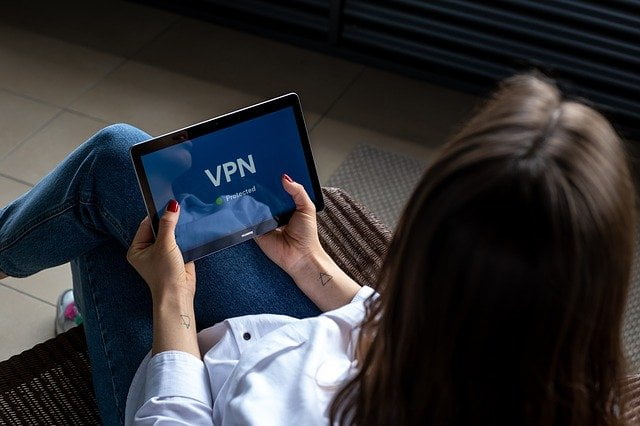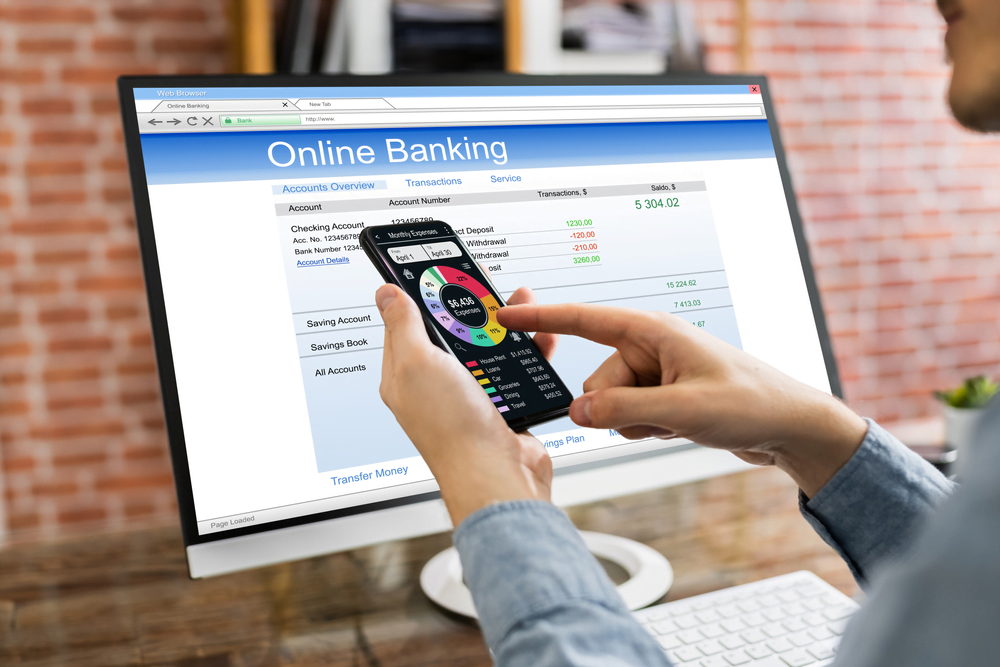Banking online can be a convenient and accessible way to manage your money. Yet, along with the convenience comes some risk. If you’re looking into banking online, or already do, consider these top tips to bank securely and get the most out of your banking experience.
1. Choose Your Bank Wisely
In recent years, the amount of online-only banking institutions has increased dramatically. As you choose your bank, consider if you prefer online-only institutions or a traditional brick-and-mortar bank that provides access to your accounts online. Your decision will depend heavily on your preferred interaction with your bank and what you value. Carefully weigh your options as your bank’s policies, online features and customer service will affect your overall satisfaction.
2. Know Your Banking Needs
Many banks provide similar services, such as savings, investing, and checking accounts and various credit opportunities. However, some banks have made a unique service the foundation of their brand name. These features may be the determining factor for you as you choose your bank.
Some of these features include:
- No hidden fees
- No withdrawal restrictions
- Online check deposits
- Early payday deposits
- Fee-free overdrafts
- No maintenance fees
If you decide to bank online, invest some time in comparing banking features to find the bank that best meets your needs.
3. Invest in a VPN
When accessing your account online, use a private network. Free Wi-Fi is convenient, but it can make you susceptible to cybercriminals, eager to steal your personal financial information. VPNs provide anonymity while using the internet and add a layer of protection when using your online bank account. If you want the flexibility of checking your accounts on the go, consider investing in a VPN.

4. Check Your Account Frequently
Many banks offer fraud protection and will notify you of suspicious activity, but you are your best advocate. Check your account frequently to monitor recent activity. If you detect suspicious or unauthorized activity, report it to your bank immediately. If your bank offers “zero liability,” you may be off the hook for expenses caused by identity theft.
5. Get a Device Security Plan
Be proactive with your financial security and invest in a security plan for your devices, such as Norton 360 and LifeLock. These services offer privacy and device security and will alert you to potential identity theft. If you bank online, you will want the protection and peace of mind that LifeLock provides.
Benefits of this include:
- Defense against malware threats
- VPN
- Alerts to identity theft
- A password manager for secure logins
- Credit monitoring
- Reimbursement packages for funds lost in your name
While no one can prevent identity theft, Norton 360 with Lifelock takes measures to reduce your risk as an identity theft victim.
6. Know Your Bank’s Security Measures
Take advantage of security measures offered by your bank. Some banks provide two-factor authentication, a system that requires you to confirm your identity in two ways. This provides additional security to protect your account information. Also, become aware of your bank’s fraud protection policies. If an issue should arise, you’ll want to know your bank’s protocol for protecting your assets.
Bank Confidently and Securely
Your finances should never be vulnerable to cyberattacks. Protect yourself and your information by investing in a bank and a security system that is dedicated to customer support. By implementing these tips, you can bank online confidently and securely.

